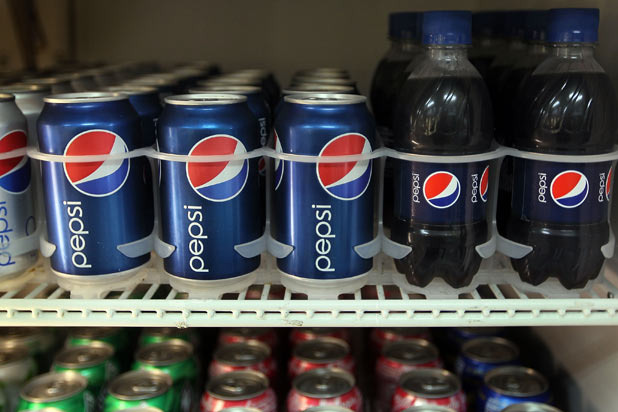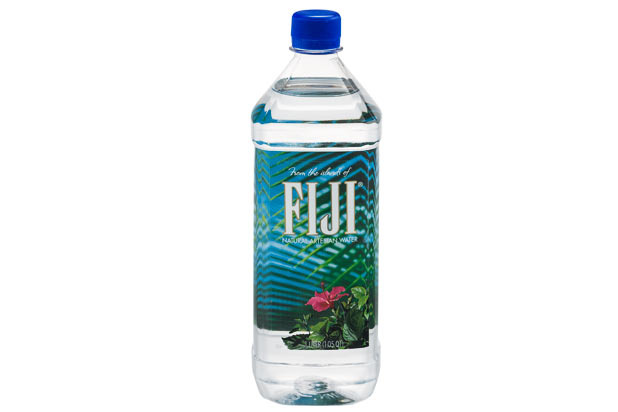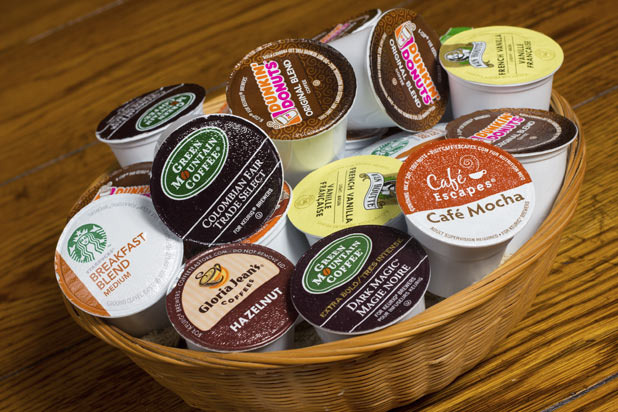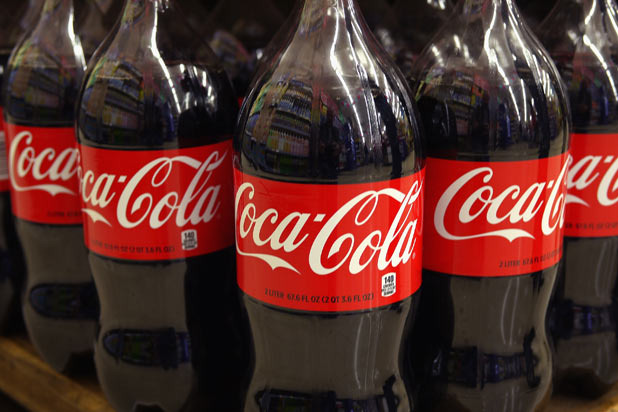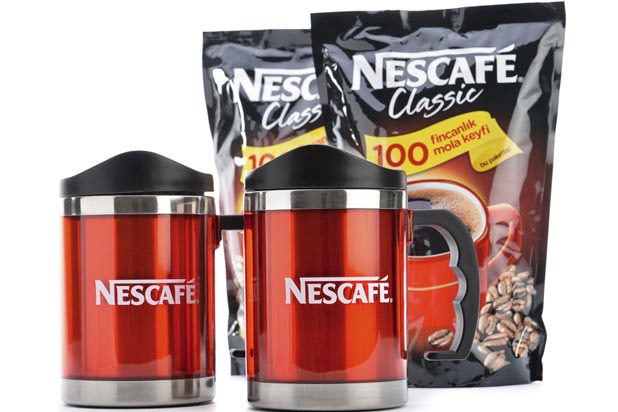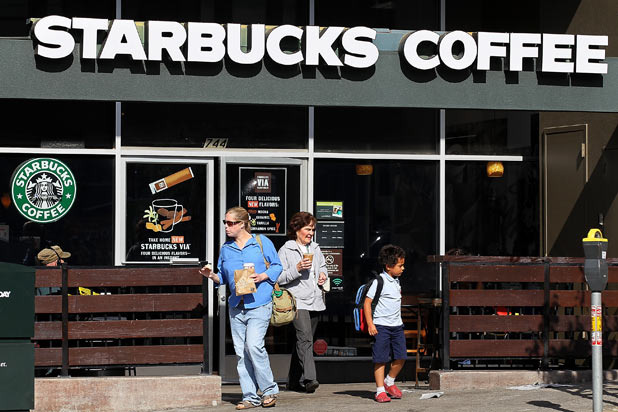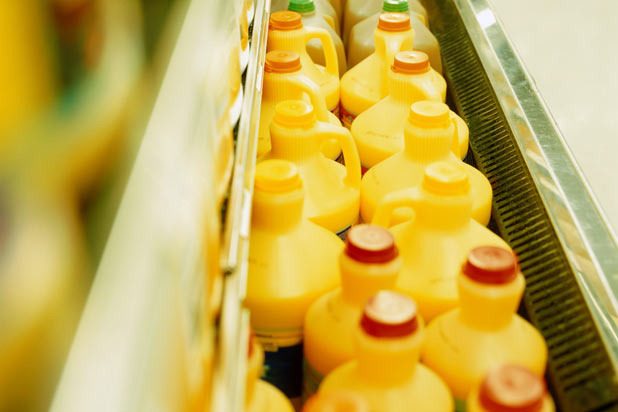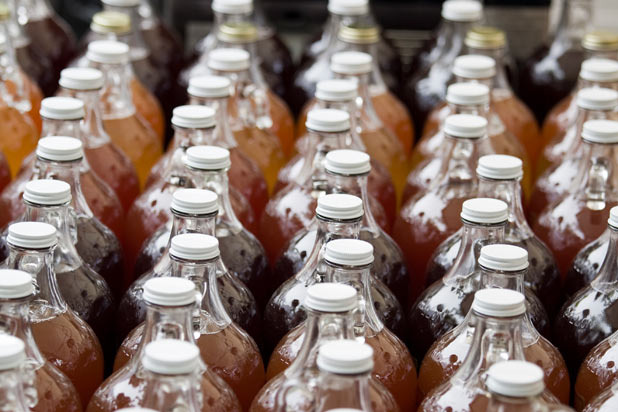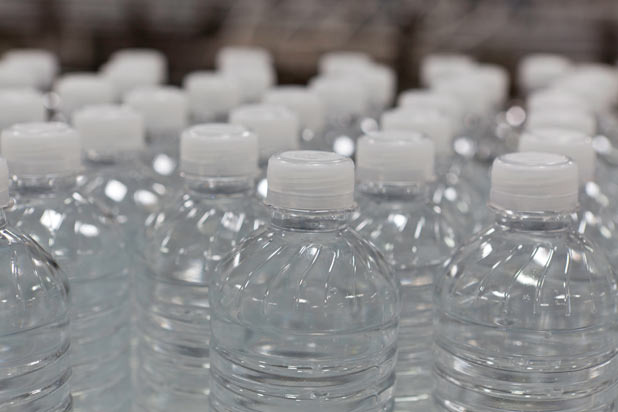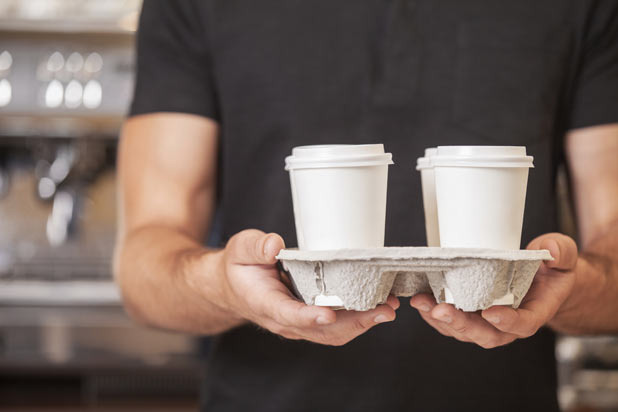10 Drinks That Might Be Harming The Planet (Slideshow)
After California passed a law stating that beverages containing a carcinogen called 4-methylimidazole be labeled with a cancer warning, most companies ceased using the caramel coloring that contained the chemical. As of the beginning of this year, however, Pepsi still had dangerous levels. The company vowed to fix the problem in America by February, but offered no timeline for the rest of the world.
Fiji Water
This brand claims to be "carbon negative", but investigative reports claim that just isn't the case. Their bottles are made from Chinese plastic in a diesel-fueled plant. More importantly, the company cooperates with Fiji's totalitarian military regime to export water from a country with chronic water shortages, leaving citizens without clean water.
Keurig
A recent study indicates that 13% of all American offices have Keurig coffee machines. Those little plastic cups are creating an awful lot of waste; in fact, there were enough K-cups consumed in 2011 to circle the globe twice. Unfortunately, those plastic and foil cups are difficult to recycle and most of the time end up going straight to the landfill.
Coca-Cola
This giant corporation has a number of environmental complaints: from putting pesticides in their Indian products to depleting the water tables around bottling plants throughout Asia and South America. And while in recent years, the company has committed to producing lower emissions in the bottling process, don't let the "plant bottle" logo fool you. The plastic bottles themselves do not biodegrade.
Nestlé
This giant corporation controls 70% of America's bottled water market, and they have a long history of exploiting small towns to get their product. For example, in British Columbia, the company exploits local law to pump 265 million liters a year of fresh water for free, taking water from the same aquifer the locals depend on and then selling it back to them for gouged prices.
Starbucks
While the coffee giant has made a recent effort to make all its cups recyclable by 2015, only 8.1% of its coffee is actually fair trade. The rest, reports say, comes from giant coffee farms that often underpay workers and grow sun-cultivated coffee, eliminating plant, insect, and animal diversity.
Orange Juice
One bottle of orange juice requires 253 gallons water for irrigation and half a gallon of tractor fuel. Plus, there's strong evidence that pasteurization takes many of the nutrients out of the fruit juice.
Apple Juice
Not to scare you off juice, but a 2011 study found more arsenic in apple juice than the EPA's limit for drinking water. Arsenic is both naturally occurring and the product of burning fossil fuels and pesticide use, so the FDA recently made a move to test apple juice for inorganic arsenic and proposed an action level meant as a threshold for taking dangerous juice out of circulation.
Bottled Water
Not only do bottled water companies often contribute to worldwide water shortages, the bottles themselves are harmful to the environment. Only about 28% of the 67 million water bottles thrown away each day are recyclable. The rest just end up in landfills or even worse, the ocean.
Coffee
Don't shoot the messenger! This is hard to hear, seeing as coffee is second only to oil for most traded commodity in the world, but just one cup of coffee uses 1,170 cups of water when you factor in farming of the beans and sugar input.
